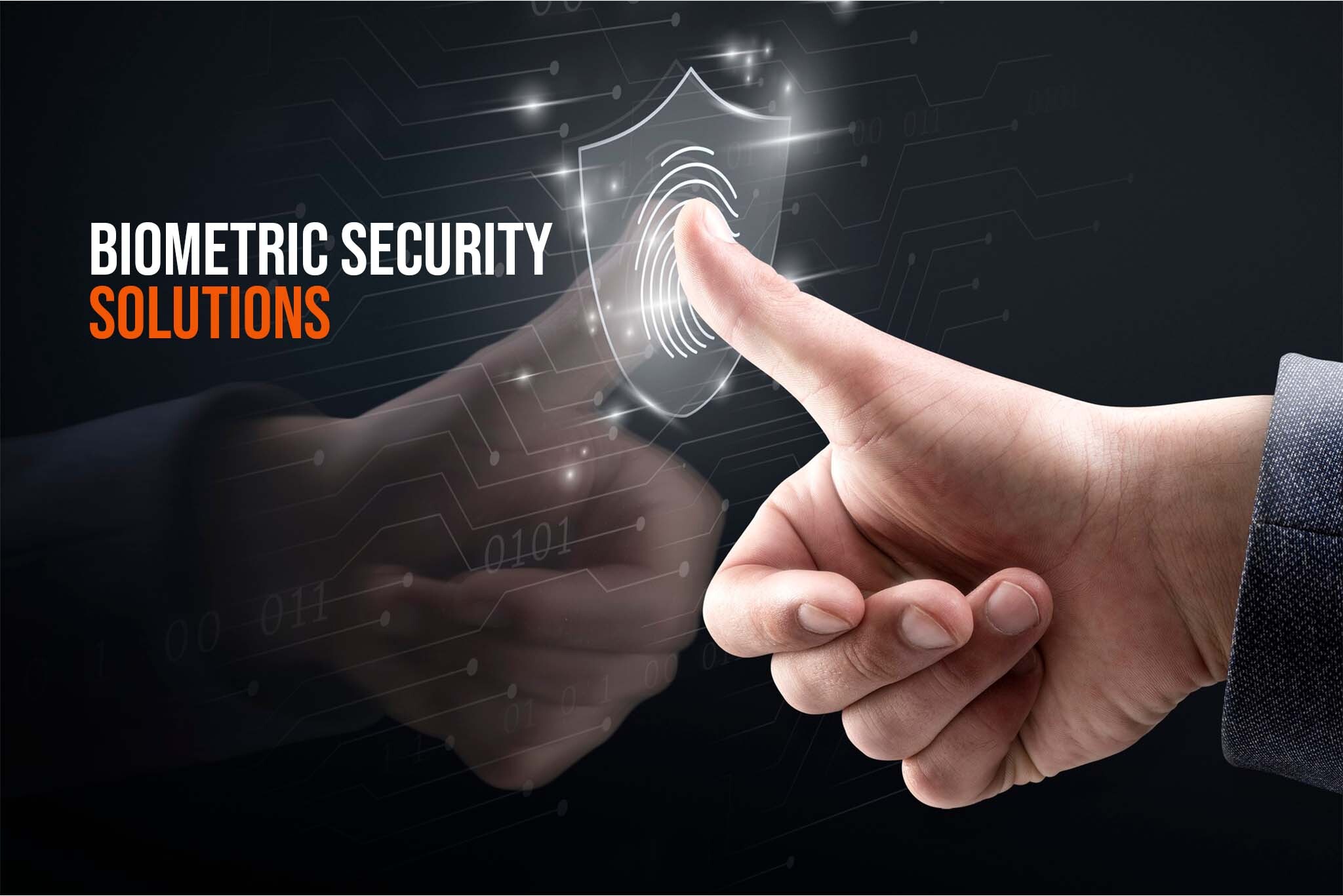Enhancing Protection in a Digital World
In an increasingly digital world, security is a top priority. Traditional security measures, such as passwords and PINs, are no longer sufficient to protect sensitive information. This is where biometric security solutions come in – a revolutionary approach to security that uses unique physical or behavioral characteristics to authenticate identities. By leveraging unique human characteristics, these solutions provide a higher level of security and convenience.
Biometric Security
Biometric security refers to the use of biometric recognition technology to authenticate identities and provide secure access to systems, areas, or information. Biometric security solutions are designed to provide an additional layer of security to traditional security measures.
Biometric Security Measures
security Solution measures include
- Multi-factor authentication:Combining biometric authentication with traditional security measures, such as passwords and PINs.
- Biometric encryption: Using biometric data to encrypt and decrypt sensitive information.
- Access control: Using biometric authentication to grant access to secure areas or systems.
- Identity verification: Using biometric authentication to verify identities.
Future of Biometrics in Healthcare
The future of biometrics in healthcare is promising. Biometric security solutions can help protect patient data, ensure secure access to medical records, and prevent medical identity theft. Biometric security measures can also help streamline clinical workflows and improve patient care.
Biometric Protection
Biometric protection is essential to prevent unauthorized access to biometric data. Biometric protection measures include
- Secure storage: Storing biometric data in secure databases or clouds.
- Encryption: Encrypting biometric data to prevent unauthorized access.
- Access controls: Controlling access to biometric data and systems.
Biometrics in the Future
Looking ahead, biometrics in the future will transcend traditional security applications and integrate more deeply into everyday life. Future applications could include personalized user experiences through biometrically enabled smart homes, IoT devices, and even in customer service scenarios, offering a seamless and intuitive user interface.
Conclusion
Biometric security solutions are the future of security. With the increasing threat of cyber attacks and data breaches, biometric security measures are essential to protect sensitive information. Biometric security systems, biometric data security, and biometric protection are critical components of biometric security solutions. As technology advances, we can expect to see more innovative biometric security solutions that provide robust security and convenience.
FAQs on Biometric Security Solutions
Biometric security refers to the identification and verification of individuals based on physical or behavioral characteristics, such as fingerprints, facial features, iris patterns, or voice.
Biometric security systems capture and store an individual’s unique biometric data. When access or verification is needed, the system scans the individual’s biometric trait and compares it to the stored data to confirm a match.
Yes, biometric security systems offer a higher level of security compared to traditional methods like passwords or PINs, which can be forgotten, stolen, or hacked. Biometrics are unique to each individual and difficult to replicate.
Like any form of data, biometric information can be vulnerable to hacking if not properly protected. It is crucial to implement strong data encryption and secure storage practices to safeguard biometric data.
Multi-factor authentication is a security system that requires more than one method of authentication from independent categories of credentials to verify the user’s identity. In the context of biometrics, MFA might involve a biometric check combined with a password or security token.

